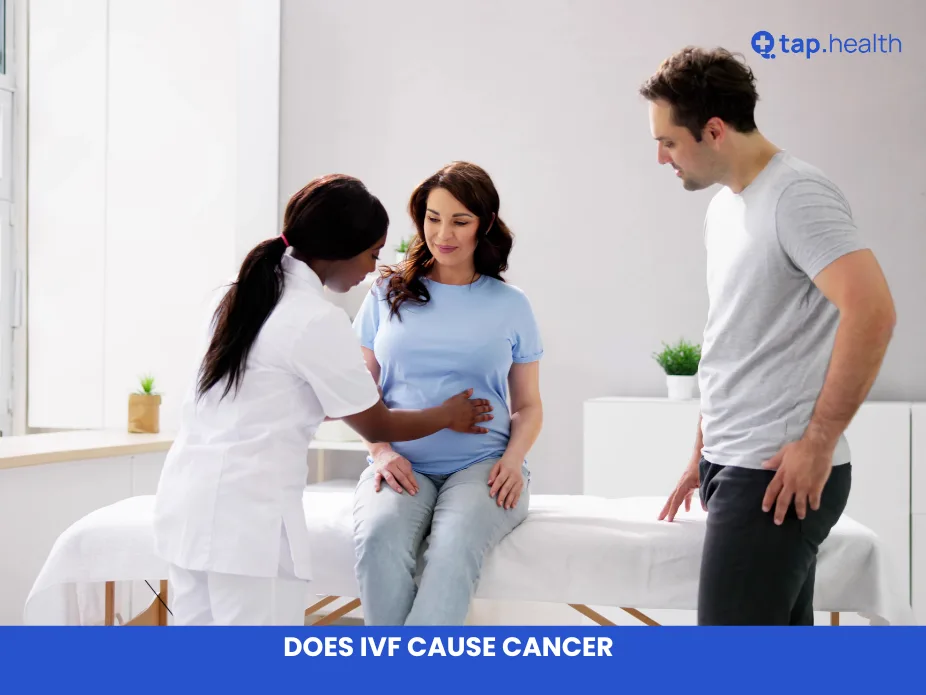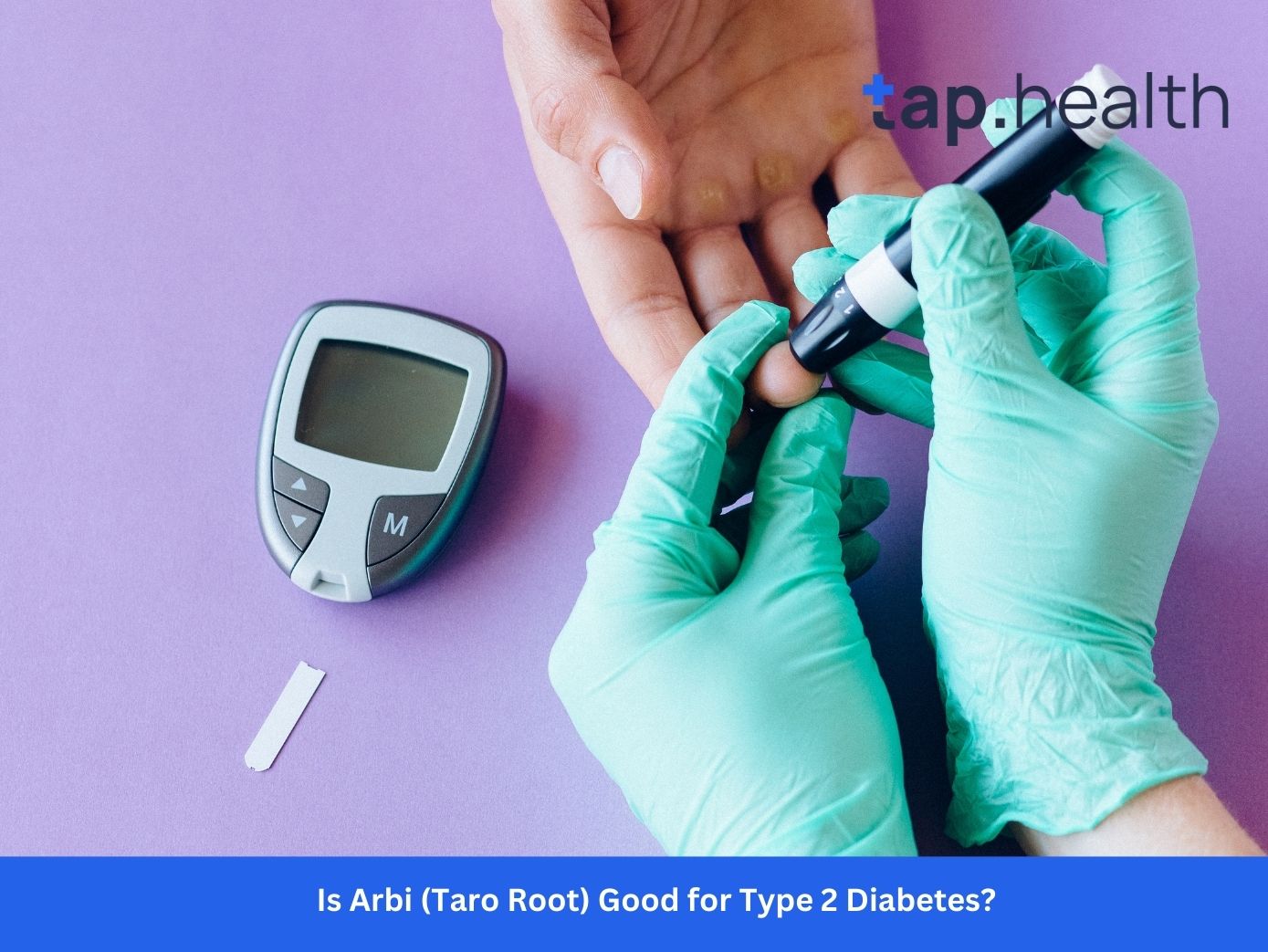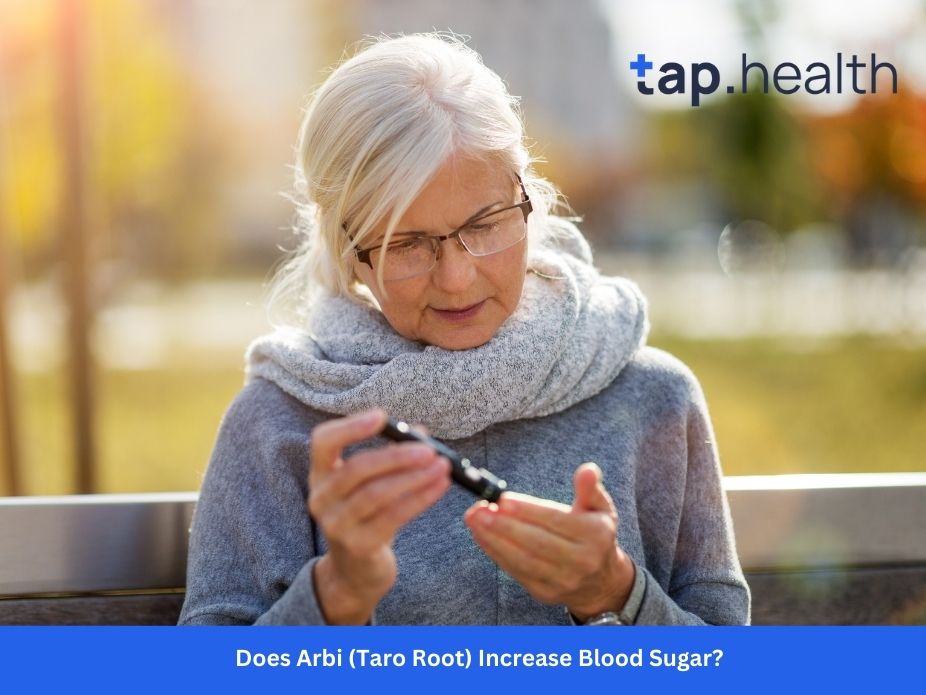In recent years, In Vitro Fertilization (IVF) has become a common solution for couples struggling with infertility. However, many people wonder, does IVF cause cancer? Let’s dive into this important topic in simple terms to help you make informed decisions.
What is IVF?
In Vitro Fertilization (IVF) is a type of assisted reproductive technology (ART) that helps individuals or couples conceive a child. The process involves:
- Stimulation: Hormones are given to stimulate the ovaries to produce multiple eggs.
- Egg Retrieval: Eggs are collected from the ovaries using a minor surgical procedure.
- Fertilization: Eggs are combined with sperm in a laboratory to create embryos.
- Embryo Transfer: One or more embryos are placed into the uterus with the hope of achieving pregnancy.
Understanding the Concerns: Does IVF Cause Cancer?
The question “does IVF cause cancer” arises from concerns about the hormonal treatments and procedures involved in IVF, which some worry might increase cancer risk. Let’s explore what the research says.
What the Research Says
Numerous studies have investigated the potential link between IVF and cancer. Here are key findings:
- Breast Cancer: Research has not found a significant increase in breast cancer risk among women who undergo IVF. A study published in the Journal of Clinical Oncology found no substantial link between IVF and breast cancer 1.
- Ovarian Cancer: Some studies suggest a slight increase in ovarian cancer risk, particularly with long-term use of fertility drugs. However, the overall risk remains low. The American Cancer Society states that IVF does not significantly increase ovarian cancer risk 2.
- Other Cancers: There is no strong evidence linking IVF to other types of cancer, such as cervical or uterine cancer.
Real-Life Scenarios
Meet Neha Patel from Mumbai
Neha Patel struggled with infertility for several years. After researching her options, she decided to pursue IVF. Neha was concerned about the potential cancer risks associated with the hormonal treatments involved. She consulted with her fertility specialist, Dr. Rohit Mehra, who reassured her based on current research. Neha successfully underwent IVF and gave birth to a healthy baby girl. Throughout her journey, Neha remained vigilant about her health, attending regular check-ups and screenings.
Meet Rajesh Kumar from Delhi
Rajesh Kumar and his wife, Anita, opted for IVF after experiencing difficulties conceiving naturally. Rajesh was worried that the IVF process might increase Anita’s risk of developing cancer later in life. They spoke with an oncologist, Dr. Sneha Verma, who explained that while some fertility treatments have been studied, the overall risk of cancer from IVF is minimal. This information helped Rajesh and Anita proceed with their treatment with peace of mind.
Expert Contributions
Dr. Anita Desai, a leading reproductive endocrinologist in Bengaluru, shares her insights: “While it’s natural to have concerns about the long-term risks of IVF, current evidence suggests that the benefits of achieving a successful pregnancy outweigh the minimal potential risks. It’s important for patients to discuss any concerns with their healthcare providers to make informed decisions.” Source
How IVF Works and Cancer Risk Factors
Understanding how IVF works can help clarify why it is generally considered safe regarding cancer risk:
- Hormonal Stimulation: IVF involves the use of hormones to stimulate the ovaries. While these hormones are similar to those produced naturally, prolonged or excessive use may have potential risks. However, the duration and dosage used in IVF are carefully controlled to minimize any adverse effects.
- Age Factor: Older women undergoing IVF may have different risk profiles compared to younger women. Age itself is a risk factor for certain cancers, independent of IVF treatment.
- Underlying Conditions: Women undergoing IVF often have underlying health conditions that may influence cancer risk. It’s essential to consider these factors when evaluating any potential risks.
Recommendations Grounded in Proven Research and Facts
Based on the current research, here are some recommendations for individuals considering IVF:
- Consult with Specialists: Speak with fertility and healthcare specialists to understand the risks and benefits specific to your situation.
- Regular Screenings: Maintain regular health check-ups and cancer screenings as recommended, especially if undergoing fertility treatments.
- Healthy Lifestyle: Adopting a healthy lifestyle, including a balanced diet and regular exercise, can help mitigate potential risks.
- Stay Informed: Keep up-to-date with the latest research and guidelines related to IVF and cancer risks.
Factual and Reliable Information
The information provided here is based on authoritative sources, including the American Cancer Society and National Cancer Institute. These organizations continuously review and update their guidelines based on the latest scientific evidence.
FAQ on Does IVF Cause Cancer?
1. Does IVF increase the risk of breast cancer?
Current research indicates that IVF does not significantly increase the risk of breast cancer. Studies have shown no substantial link between IVF treatments and breast cancer incidence.
2. Is there a link between IVF and ovarian cancer?
Some studies suggest a slight increase in ovarian cancer risk with long-term use of fertility drugs. However, the overall risk remains low, and IVF is not strongly associated with ovarian cancer.
3. Can IVF cause other types of cancer?
There is no strong evidence linking IVF to other cancers, such as cervical or uterine cancer. Most research focuses on breast and ovarian cancer, with no significant associations found.
4. Are certain individuals more at risk when undergoing IVF?
Women with certain underlying health conditions or older age may have different risk profiles. It’s essential to discuss personal health history with a healthcare provider before starting IVF.
5. What precautions can be taken to minimize cancer risk during IVF?
Following medical advice, maintaining a healthy lifestyle, and undergoing regular health screenings can help minimize any potential risks associated with IVF.
6. Is IVF safe for older women regarding cancer risk?
While older age is a risk factor for certain cancers, IVF itself does not significantly increase cancer risk. However, older women should consult with their healthcare providers to assess individual risks.
7. Does the number of IVF cycles affect cancer risk?
Multiple IVF cycles may slightly increase exposure to fertility drugs, but current evidence does not show a significant increase in cancer risk. Always discuss the number of cycles and potential risks with your doctor.
8. Should I avoid IVF if I have a family history of cancer?
If you have a family history of cancer, it’s crucial to consult with a healthcare provider. They can help assess your individual risk and determine the best course of action.
Conclusion
The question “does IVF cause cancer” is understandable given the hormonal and procedural aspects of the treatment. However, current research indicates that IVF does not significantly increase the risk of cancer. While some studies suggest a slight increase in ovarian cancer risk, the overall likelihood remains low. It’s essential to consult with healthcare professionals, stay informed, and maintain regular health screenings to ensure the best outcomes for your health and fertility journey.
References:
Understanding whether IVF causes cancer is crucial for making informed decisions about your reproductive health. While the fear of cancer is valid, the benefits of IVF in helping couples achieve their dreams of parenthood often outweigh the minimal potential risks. Always work closely with your healthcare providers to navigate your fertility journey safely and confidently.



